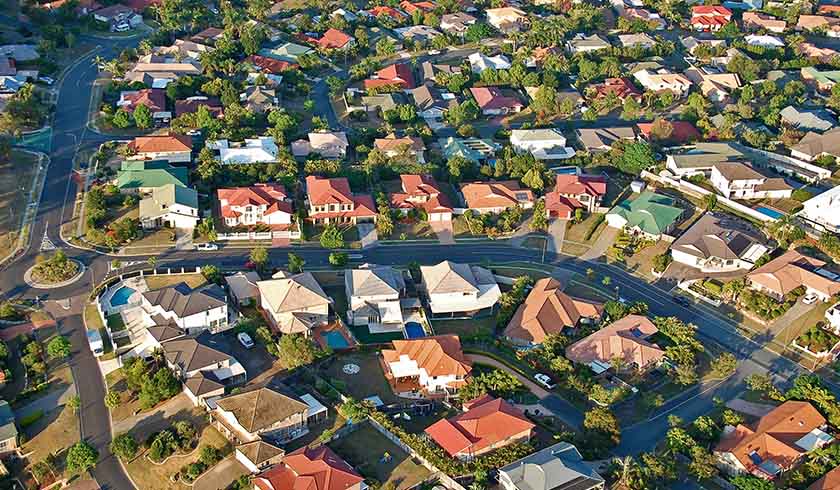Foreign investors headstrong on Aussie real estate

According to the Foreign Investment Review Board Annual Report released last week, mainland Chinese real estate investment into Australia in 2018-19 dropped to $6.1 billion. This is down by more than 50 per cent from 2017-18 and marks its lowest level since 2012-13.
Oppositely, Hong Kong Chinese investment into Australian real estate more than tripled during the same period, from just $2.8 billion in 2017-18 to $9.3 billion last year in 2018-19.
Meanwhile, Singapore investment in Australian real estate increased from $7.8 billion to $9.8 billion, and Japanese investment in Australian real estate increased from $2.2 billion to $3.8 billion.
Despite the data showing Chinese investment in Australian real estate taking a three-year hit from late 2016 to the first half of 2019, Juwai IQI executive chairman Georg Chmiel said the tide has turned.
There were three factors that limited this activity, Mr Chmiel said: the Australian banks stopping lending to Chinese buyers, the Victorian government imposing a steep foreign buyer stamp duty and Beijing cracking down on the movement of money out of China.
“Those factors that were limiting buying have all started to unwind,” he said.
“Today, non-bank lenders are again willing to finance Asian buyers. The 8 per cent stamp duty doesn’t look so large when compared to the 20 per cent taxes in places like Singapore and Vancouver.
“And after years of globalisation, Chinese have accumulated more overseas wealth that they can freely invest outside of China.”
According to the research, in April, Chinese buyers made twice the number of enquiries on Australian real estate as in any other month so far this year and 50 per cent more than in any month in the second half of 2019.
“There may have been a great deal of pent-up activity taking place in April, so we don’t expect Chinese buyer enquiries to remain at this height for the rest of the year. The data shows that Chinese buyers are back,” Mr Chmiel said.
“The coronavirus has created exceptional circumstances. While Chinese buyer demand in January remained strong, the lockdown in Victoria forced the number of Chinese buyer enquiries down in February and March.
“Australia was already appealing as a safe country where your investments are protected. Now, the country seems to have managed the pandemic well. That makes it even more appealing to foreign buyers. Marketers in China are already using Australia’s good performance to persuade parents of children who have been studying in the US and the UK to look at Australia instead.
“The biggest challenge in the first quarter has been getting interested buyers, whether foreign or local, to the closing. The travel restrictions and social isolation measures made that difficult. Now, the Australian market is beginning to open up slowly. That’s a positive development that will make marketing and closing sales progressively easier.”
In terms of what foreign investors are keen on buying, Mr Chmiel said: “In general, Chinese buyers like the ease that comes with newly constructed units or houses. They prefer homes near good schools and universities and convenient to services, transit and shopping.
“At least three-quarters of Chinese buyers are looking for property valued less than $1 million, and the median enquiry price comes in quite low, at around $610,000.
“Melbourne is the top city for Asian buyers, followed by Sydney and Brisbane.”
